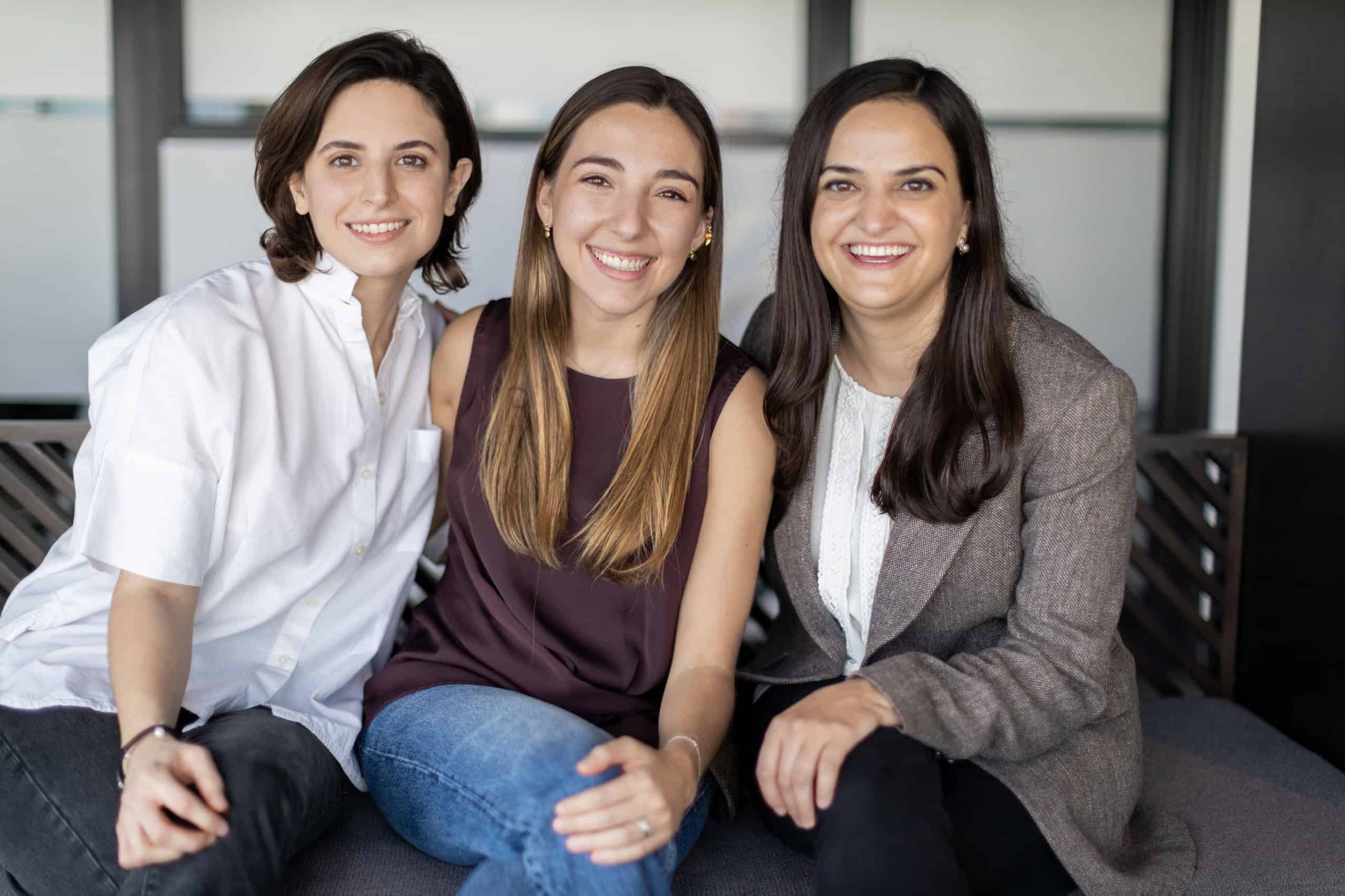
Por Contxto
October 12, 2021
According to data from the OECD (Organisation for Economic Co-operation and Development), only 17% of people between ages 25 and 64 manage to finish their higher education studies in Mexico. Vinco, a platform that helps more people meet their professional goals, was created to help reduce this educational gap.
A few days ago, the EdTech company based in Monterrey announced a partnership with DiDi Food, the delivery arm of the Chinese company Didi. The objective is to help delivery couriers to complete their academic preparation.
Thanks to this partnership, Vinco will offer more than 700 educational programs available to delivery couriers and their immediate family members at a preferential fee. Vinco’s education catalog ranges from language courses to an entire professional career.
According to a survey conducted by DiDi Food to its delivery partners in Mexico, 33% of them aspire to obtain a bachelor’s degree, while 32% would like to complete their secondary education.
“At Vinco, our mission is to help millions of people continue their studies, so we are very pleased to form a partnership with Didi Food, intended to find the best way to support delivery partners in achieving their academic goals.” Lissy Giacomán, CEO and co-founder of EdTech, stated in a press release.
An interesting fact according to DiDi Food is that 88% of its delivery workers are interested in taking courses related with entrepreneurship and business.
By offering education-related benefits for companies, Vinco wants to reduce the skills gap that currently exists in Latin America by adding millions of people to continuous learning programs.
This EdTech company was founded by Giacomán, along with Sofía Sada and Miriam Fernández. It seeks to offer more equitable access to education in Latin America by working with companies to connect their teams with different educational opportunities, which in turn helps them improve their loyalty and retention.
Vinco and its potential in Latin America have caught investors’ attention. The Mexican company raised $ 2 million in seed funding and participated in one of Y Combinator’s acceleration programs.
Investors who have joined the project include funds such as Alter Global, Reach Capital and Angel Ventures.

Por Stiven Cartagena
January 12, 2026